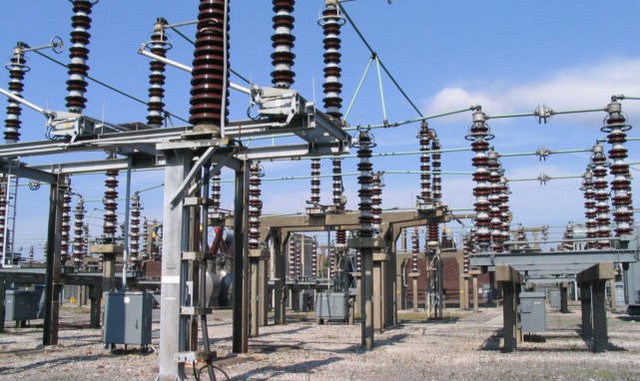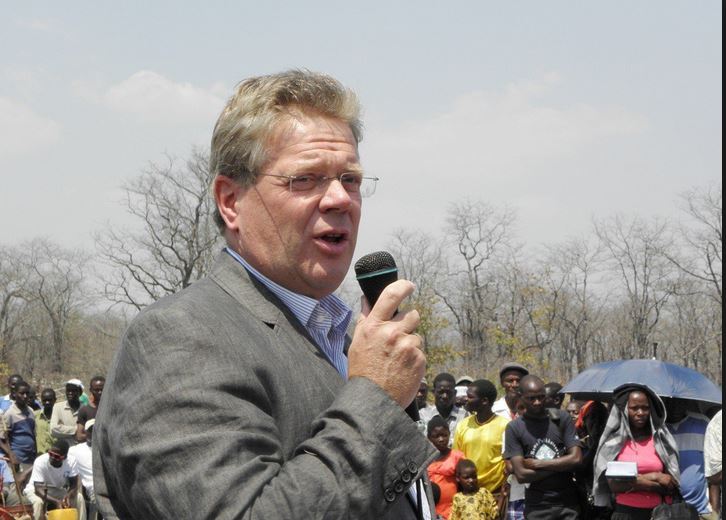Electricity Supply Corporation of Malawi (ESCOM) has increased blackout hours from 4 and half hours to 2 and half hours totalling 7 hours a day of black out.
Four days of power woes came in due to inadequate supply from Egenco and Aggreko.
ESCOM says there is a substantial increase in electricity demand which the corporation cannot satisfy; hence, effecting an additional two and a half hours loadshedding to the existing four and a half hours which started last month.
In an interview, Escom public relations manager Innocent Chitosi confirmed the seven-hour EMP from March 21 to March 24 2020.
He said currently, the average peak hour power demand is at 300 megawatts (MW) but the corporation is getting about 255 MW from Electricity Generation Company (Egenco).
Said Chitosi: “On average, we are getting about 190 MW from hydro-generation and 65MW from diesel-powered generation. Aggreko diesel generators have a maximum capacity of 78MW for six hours.
“So, from 6am to noon, six hours are gone. Yet we have other peak hours in the evening. That is why the generation is spread to ensure that we cover the whole day. We load-shed about 45MW.”
However, speaking in a separate interview, Egenco spokesperson Moses Gwaza said the generation capacity has not changed for the past three weeks since Escom implemented the four and a half hours EMP.
He said the two machines at Kapichira Power Station in Chikwawa and five diesel-powered generators at Mapanga in Blantyre and Kanengo in Lilongwe are still not working.
Out of the three machines and 12 generators that were not working when Escom first effected the four and a half hours ladshedding, the generation company only restored one machine at Kapichira and seven generators.
Said Gwaza: “We were expected to complete maintenance work of the two machines at Kapichira by the end of this month, but we have delayed because we are still waiting for spare parts from South Africa. They are expected to arrive in the country on Wednesday. Maintenance work on the machines is expected to take 10 days.”
But when contacted again to justify the substantial increase in electricity demand, Chitosi asked for more time.
Malawi Confederation of Chambers of Commerce and Industry (MCCCI) is on record as having said that load shedding affects the economy negatively and slows down economic growth.
MCCCI president Prince Kapondamgaga said electricity ranked as the second most obstacle to doing business after high cost of finance.
Malawi continues to face power supply challenges from the national grid despite licensing a number of independent power producers, most of whom are yet to rollout.
Escom has set a 2022 target to meet electricity demand, largely from the power interconnection deal with Mozambique currently being worked out.
In December 2019, demand for electricity during peak hours stood at 303.1MW.
Egenco generates most of its power through hydro with 136MW from Nkula Hydro Power Station (A and B), 102MW from Tedzani (I, II and III), Kapichira 129.6MW and Wovwe 4.5MW




